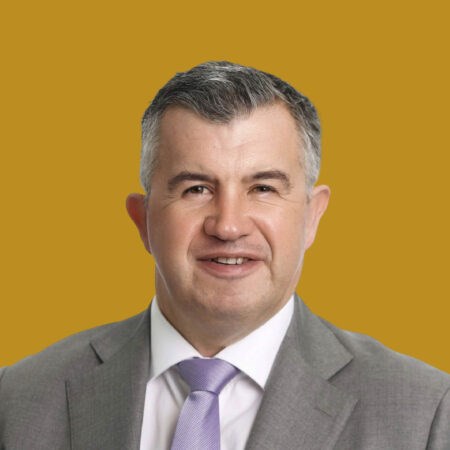
About Domhnall
Domhnall is a partner in our Dispute Resolution team, specialising in commercial disputes. He advises on all aspects of commercial litigation and dispute resolution.
Domhnall has extensive experience advising on multi-party litigation in the Commercial List of the Hi...
About Domhnall
Domhnall is a partner in our Dispute Resolution team, specialising in commercial disputes. He advises on all aspects of commercial litigation and dispute resolution.
Domhnall has extensive experience advising on multi-party litigation in the Commercial List of the High Court, as well as appeals to the Court of Appeal and the Supreme Court. He has also advised on litigation involving preliminary references to the Court of Justice of the European Union.
Domhnall advises clients on commercial disputes across a range of sectors, including technology, aviation, financial services, retail, and pharma & medical devices. He has experience in IP disputes, regulatory investigations and disputes, judicial reviews and product liability claims.
Domhnall also advises on alternative dispute resolution processes, including arbitration and mediation.
dbreatnach@mhc.ie
























